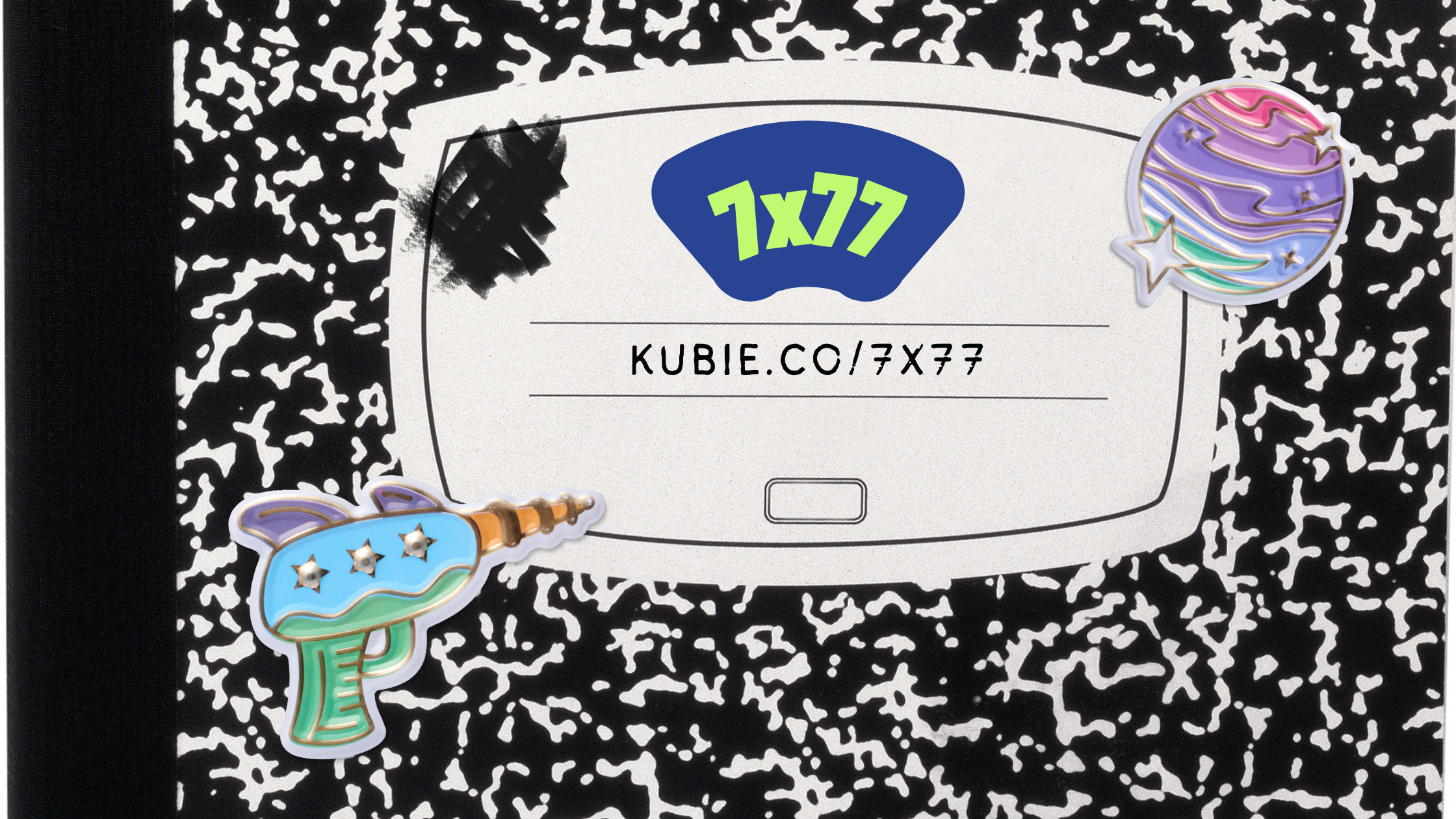1. What I’m advocating for is…
This does a couple of things. One, it focuses attention (my own included) on a specific suggestion or recommendation. Two, it makes it clear that my opinion on how to proceed is open to discussion. It strikes a different and more open tone than, say, “What we should do is…” or “The obvious course of action is…”
2. Yes, and…
“Yes, and..” is one of the big lessons of improvisational comedy. It’s a phrase that agrees and adds, that keeps the door open, that makes the other person feel heard. It can require some intense mental gymnastics to fit whatever you follow with into the framework, which is some of the magic of the phrase.
3. I understand.
Uh-huh. Okay. Sure Yeah. Great. Will do. Any of those might mean “I understand”, but all are less clear.
“I understand ensures the sender and receiver are on the same page.”
I picked this up as Bullet V of the excellent film Ten Bullets, part of the Working to Code series by artist Tom Sachs.
4. I regret…
Reflexive apologies are a bit of Midwestern programming I’ve been trying to unlearn. When I stopped automatically saying sorry I was able to notice when I was, genuinely, sorry for something.
This one has a weird origin: a Conor Oberst concert in Kansas City. He claimed that he’d given up apologizing for Lent. Everyone laughed, but he actually practiced it during the show and it really rewired my brain. At one point he screwed up a song, having to abandon a verse. At the end, he said something along the lines of: “I forget the words back there. I’m not apologizing for it. I’m just acknowledging it.”
Acknowledgment is one variation. I use “I regret…” with some frequency, which is often closer to my real meaning. For instance, if I haven’t responded to someone’s email for weeks, and I finally get back to them, I might say “Thanks for your patience! I regret not getting back to you sooner.” But unless I’ve actually screwed something up or made some sort of promise, I’m probably not really sorry for not responding immediately, because email is awful and that’s just how life works.
5. I have a hard out at [time].
The hard out is a favorite concept I wish more people knew about. The hard out is a permission slip for an Irish exit. I’m not sure where I first picked it up but people in the production world use it regularly.
If someone says “I have a hard out at 6pm”, that means that at 6pm, regardless of what’s happening, they are going to leave. Not at 6:15, not at 6:01. Six. It’s a way of clearly communicating constraints on your time. Nobody wants to plan around “I can probably stay until 7 but I should really get going at 6:30 if possible but I definitely want to leave by 7:15 at the latest.”
6. What I think I’m hearing is…
A go-to for showing that you’re listening, but also a chance to subtly reframe the conversation. There’s a variation of this phrase for every business communication course out there. It’s a good one.
7. Hello.
It’s easy to skip past hello, especially online. Sometimes my enthusiasm for a message gets ahead of my manners, and I end up rudely dumping two sentences (or two paragraphs) on someone through Slack or an iMessage. I appreciate when they kick back a “hello” or “good morning” if I’ve neglected to do so.
*** Originally published as List No. 31 of the 7x77 newsletter project.

